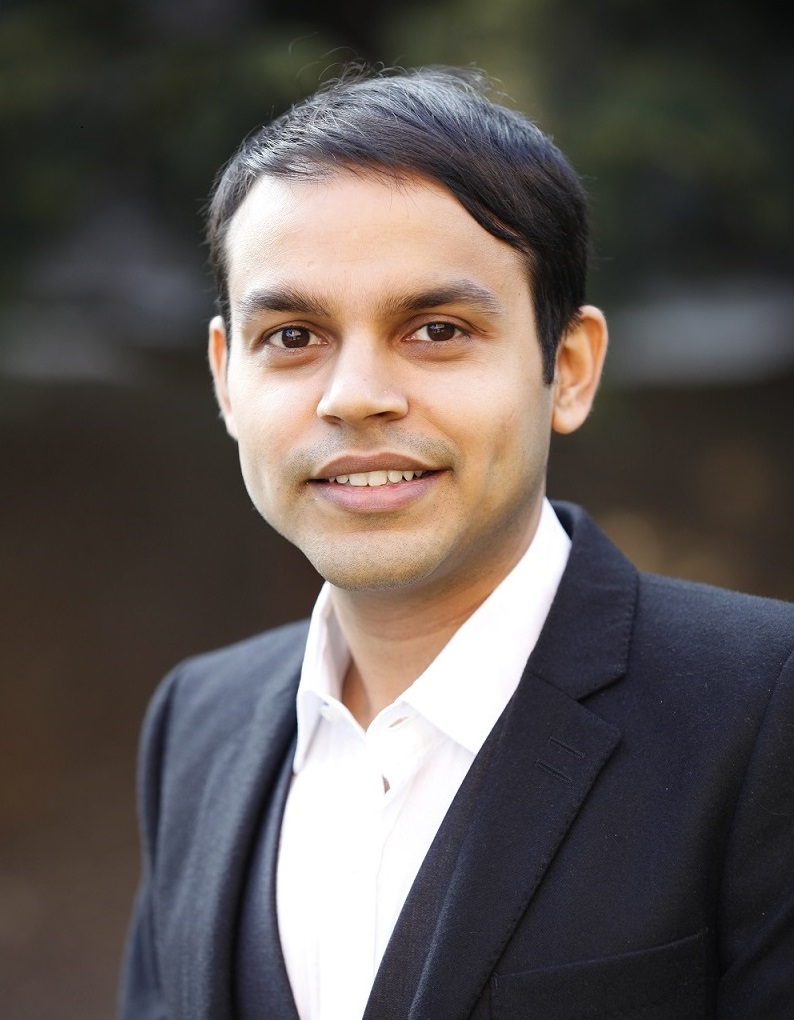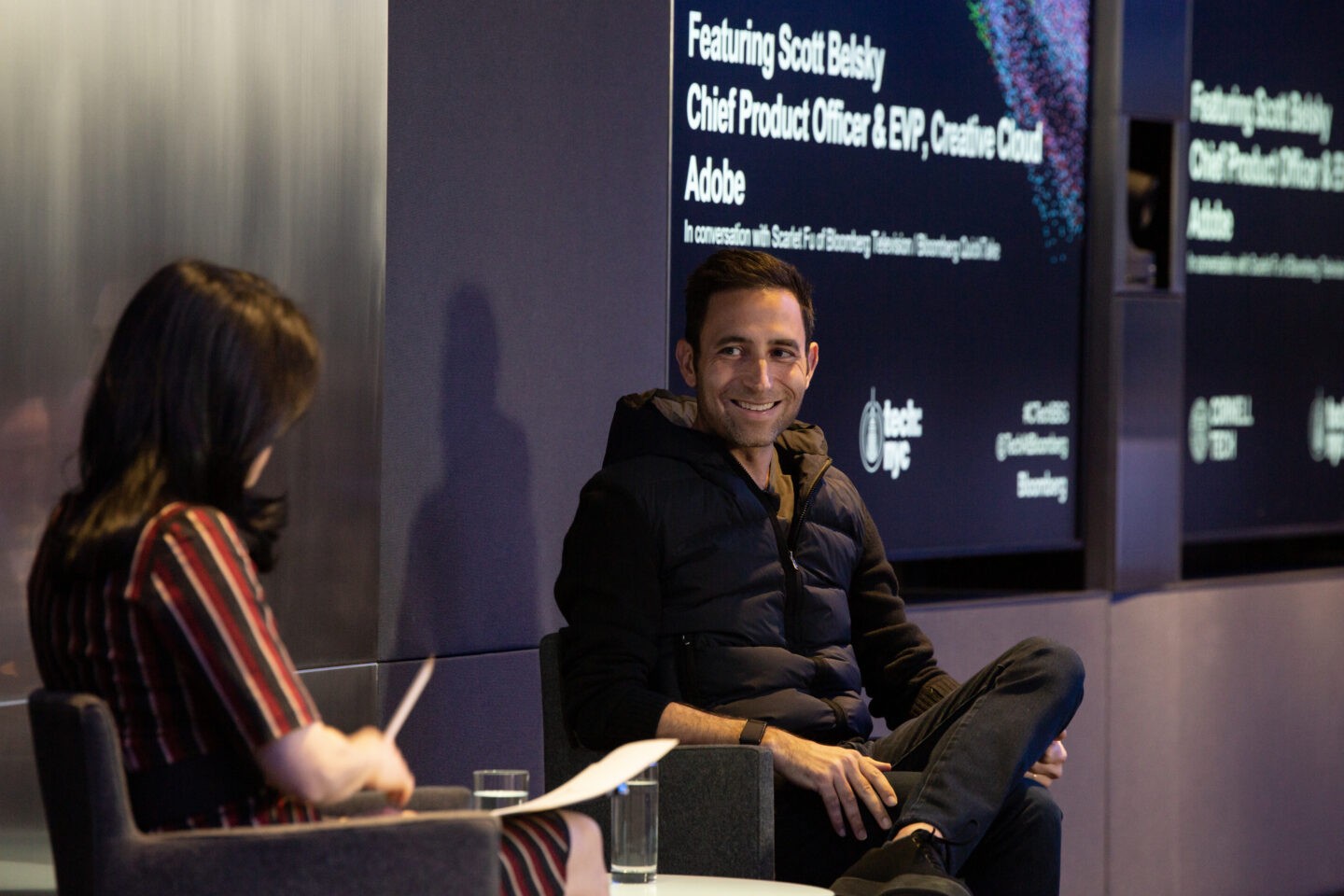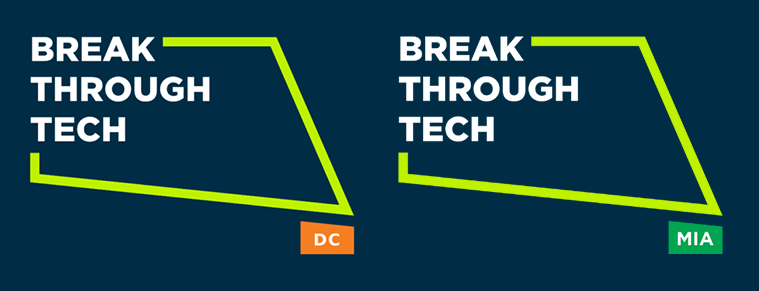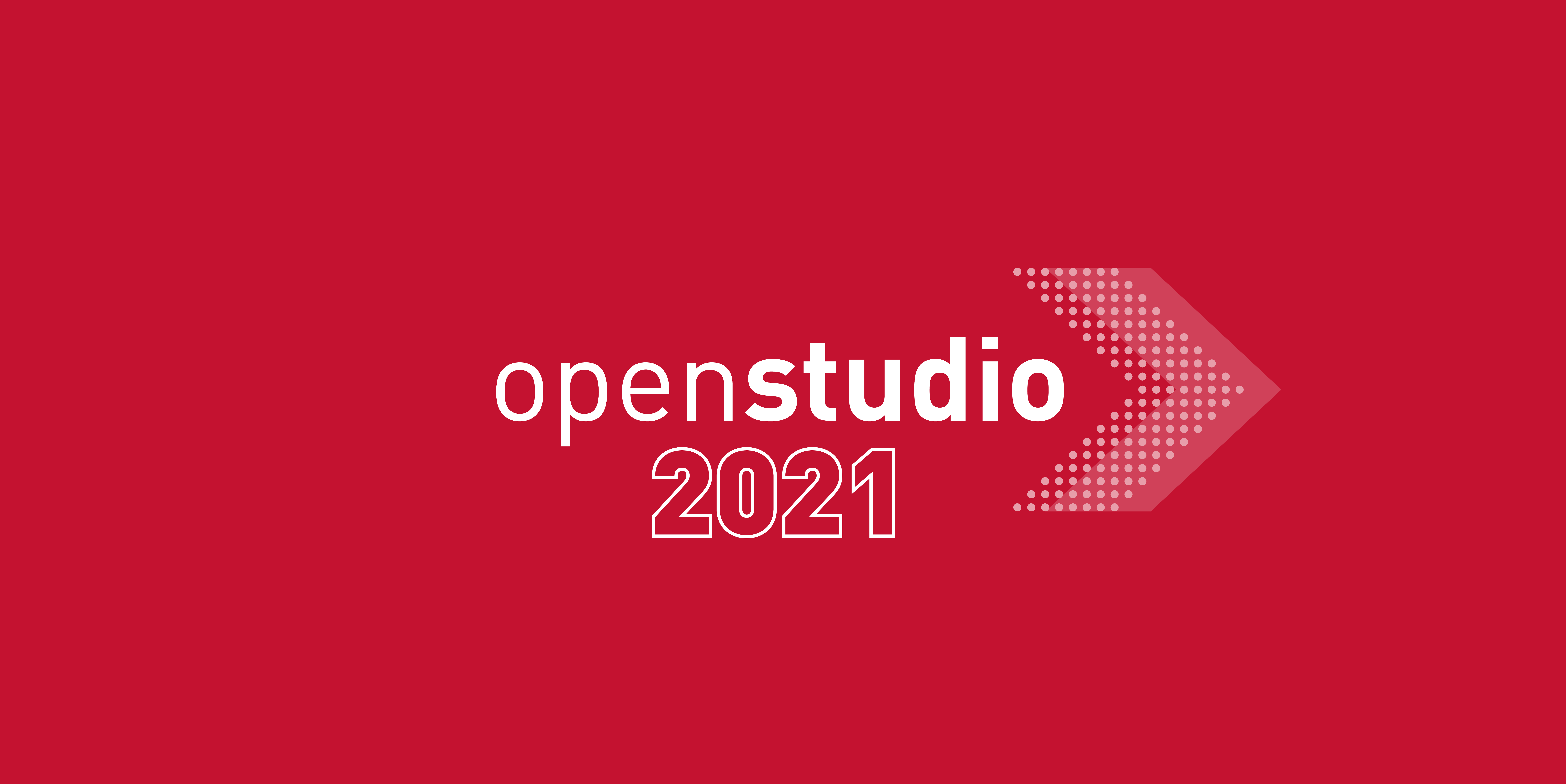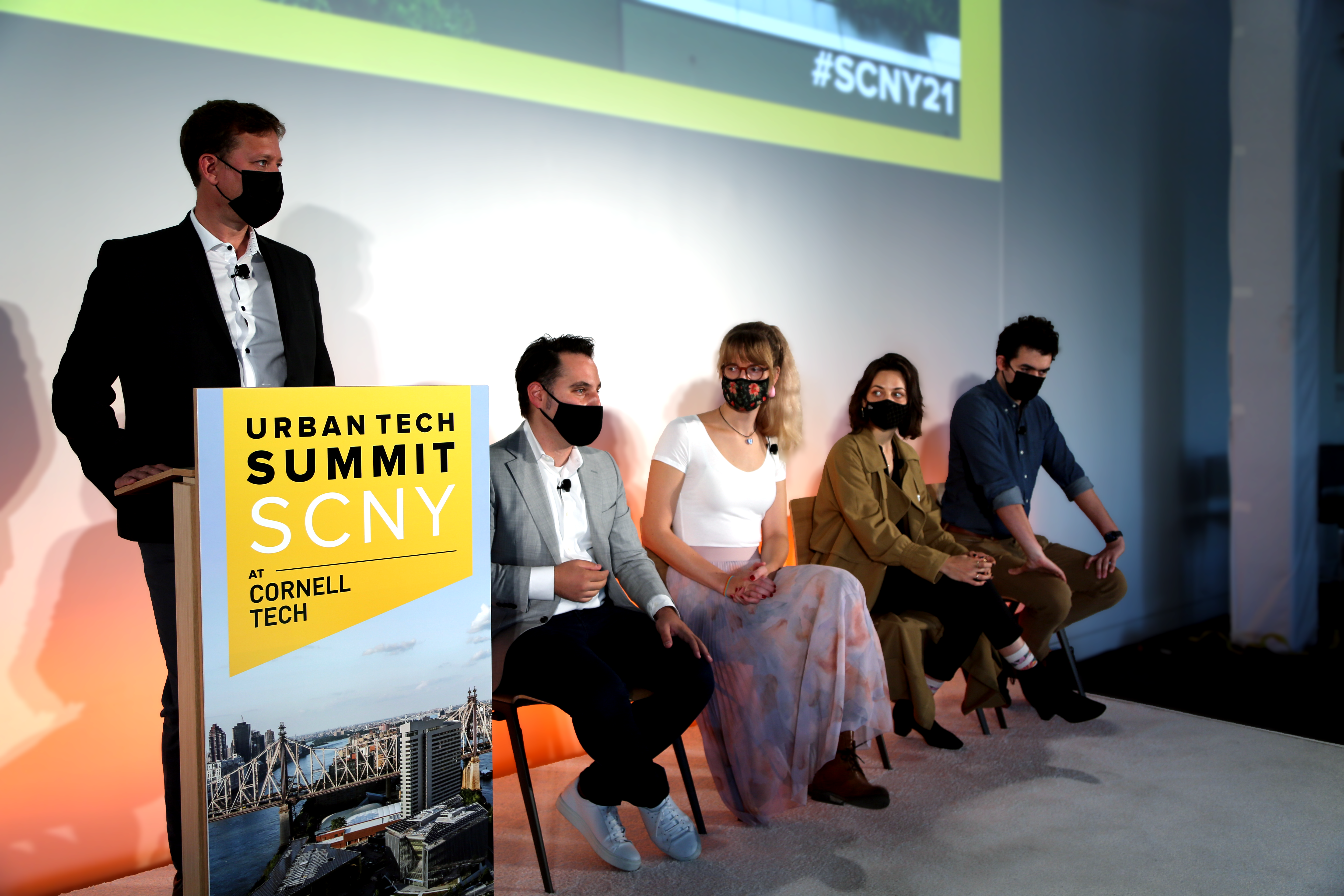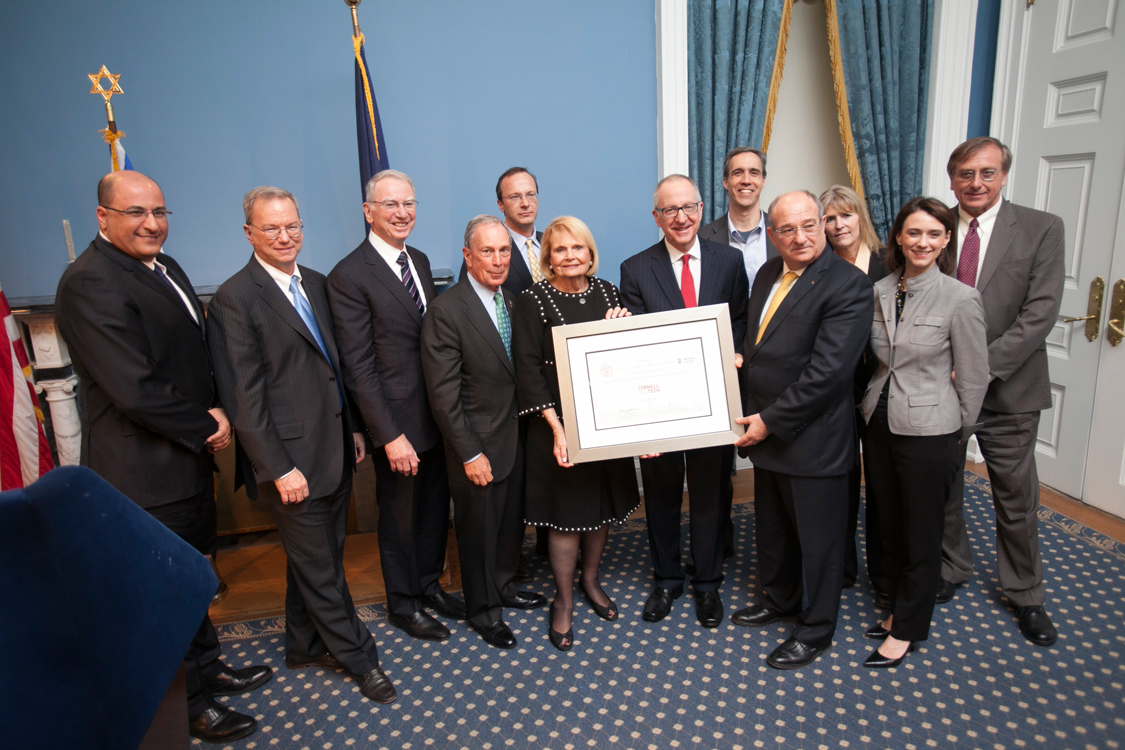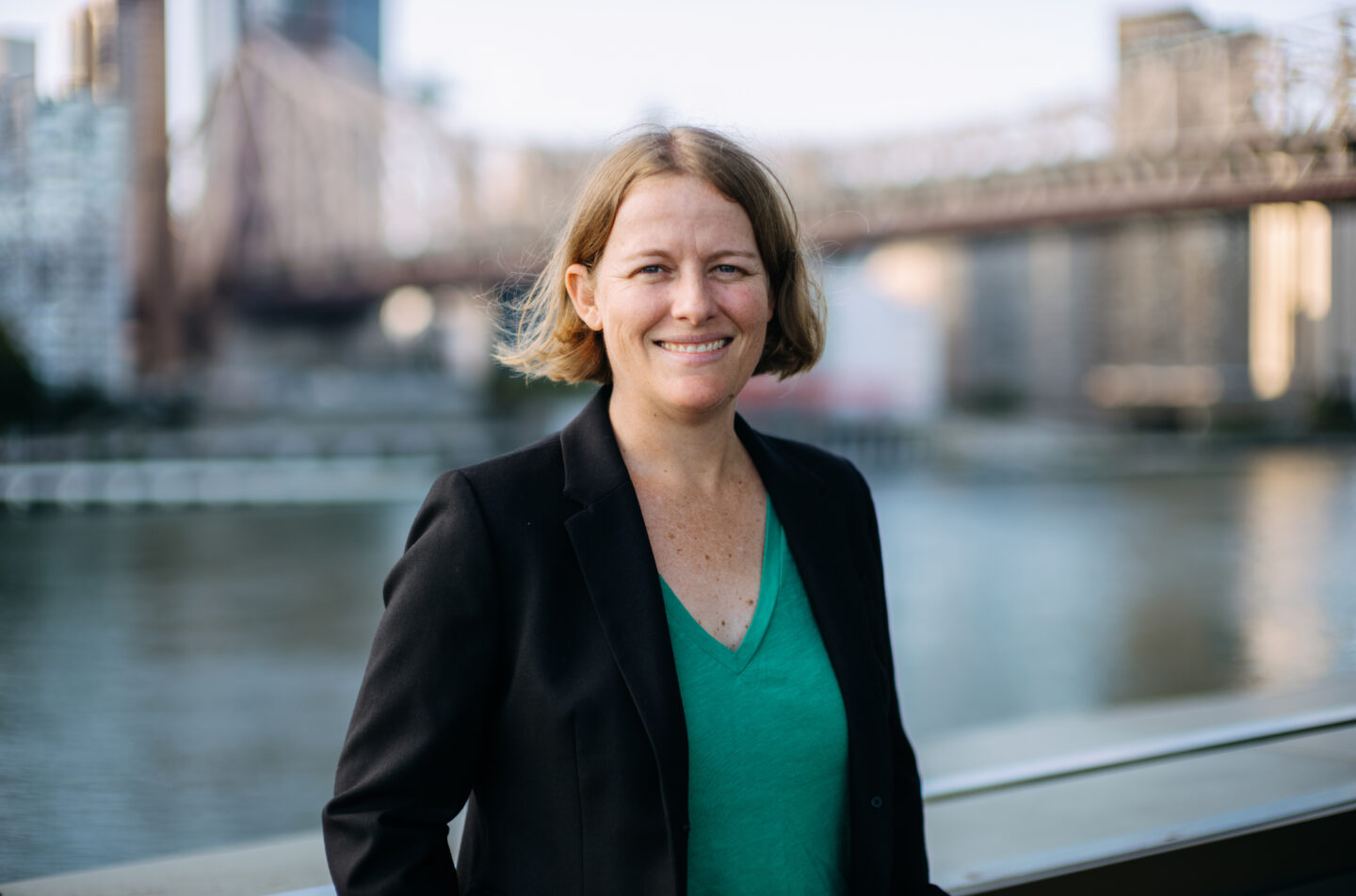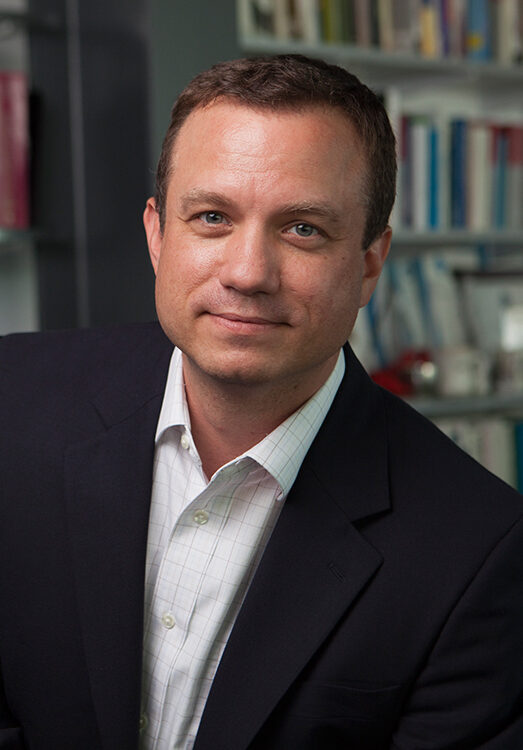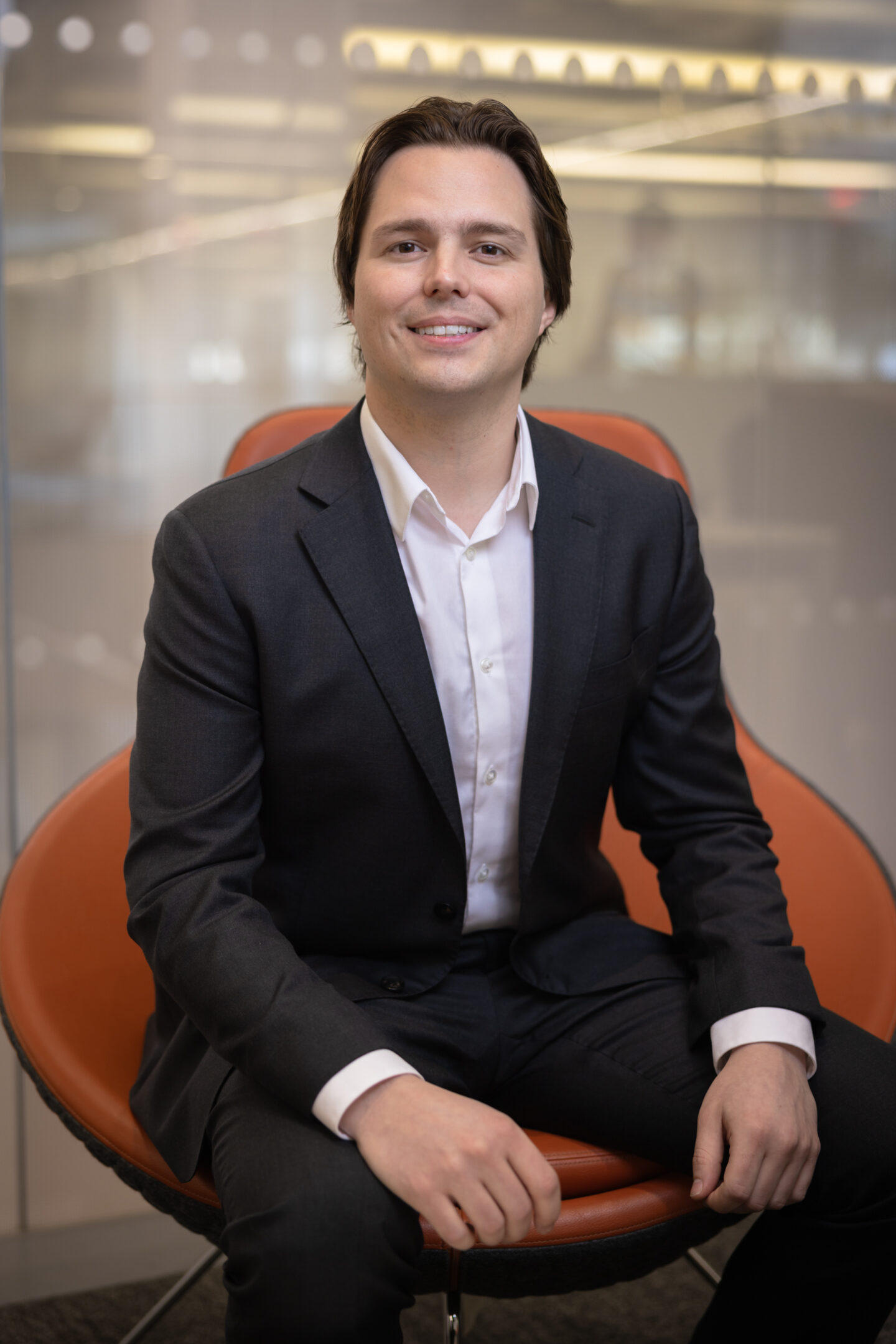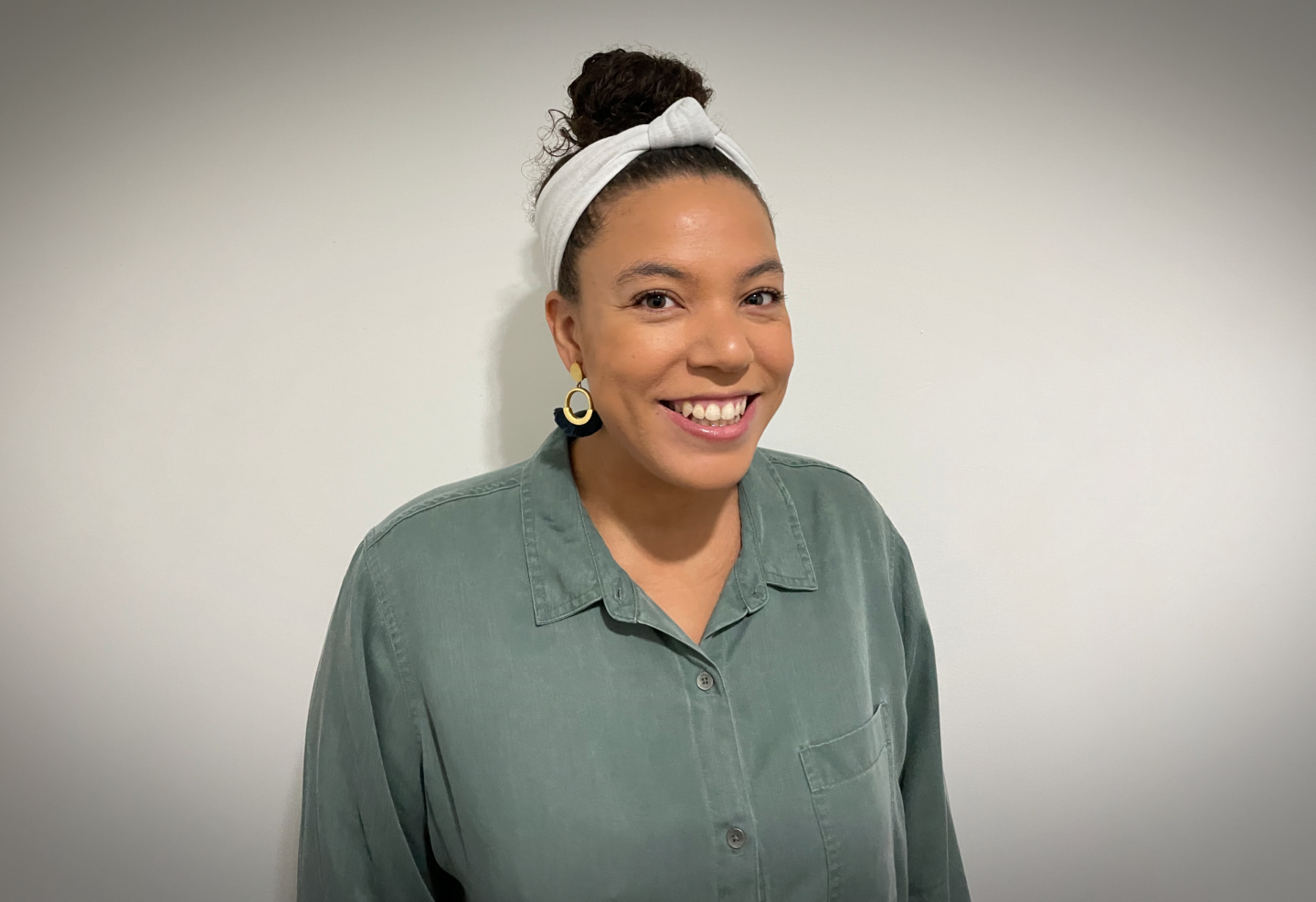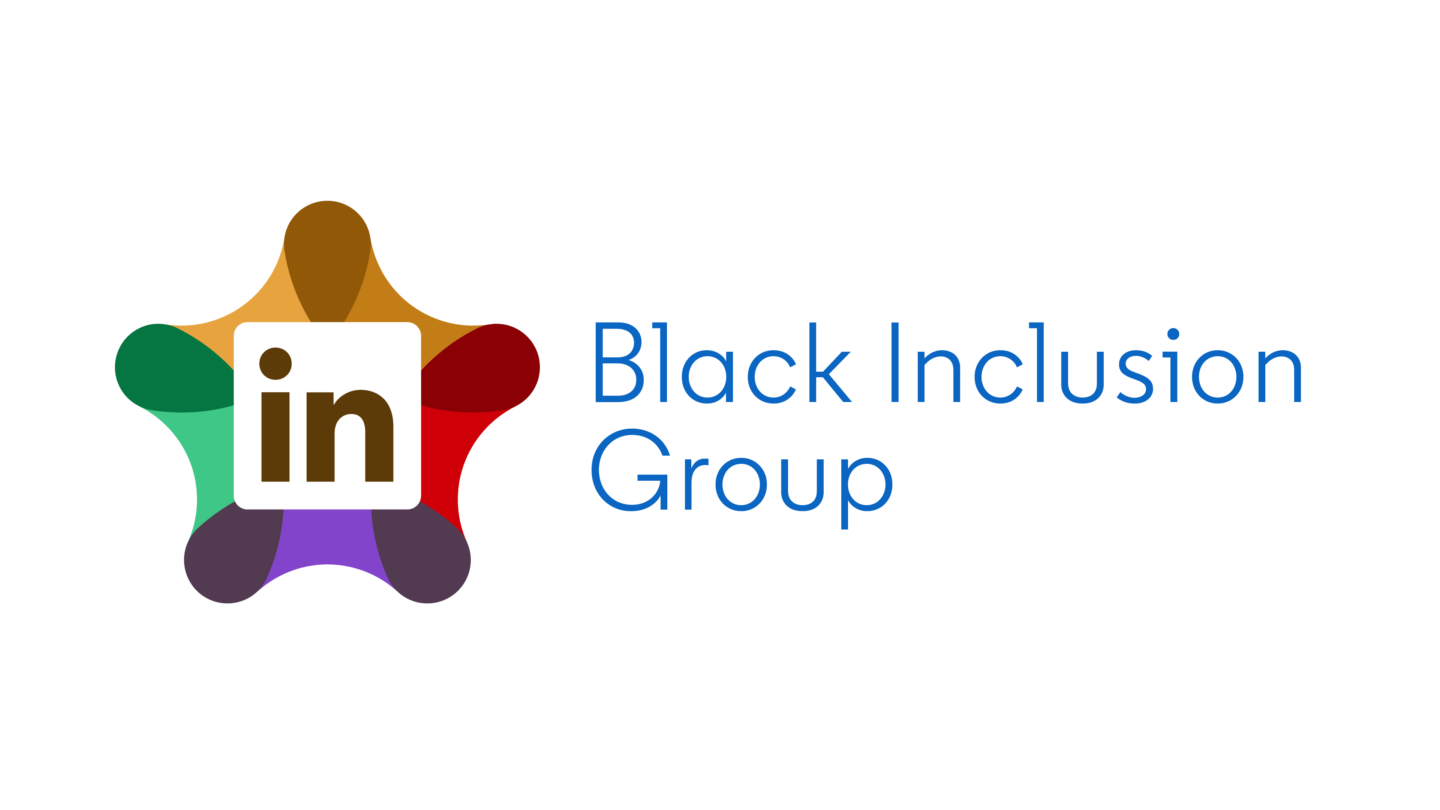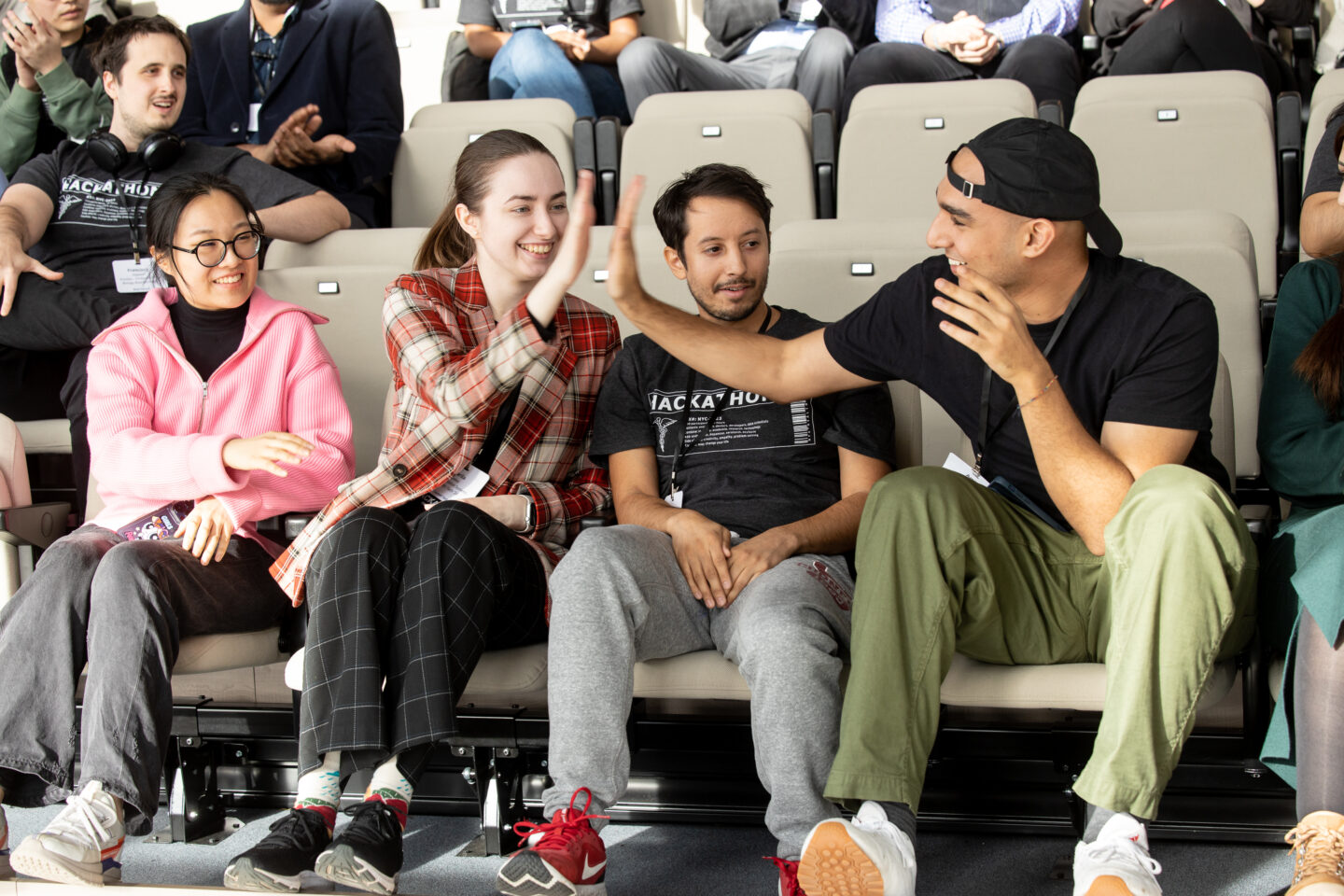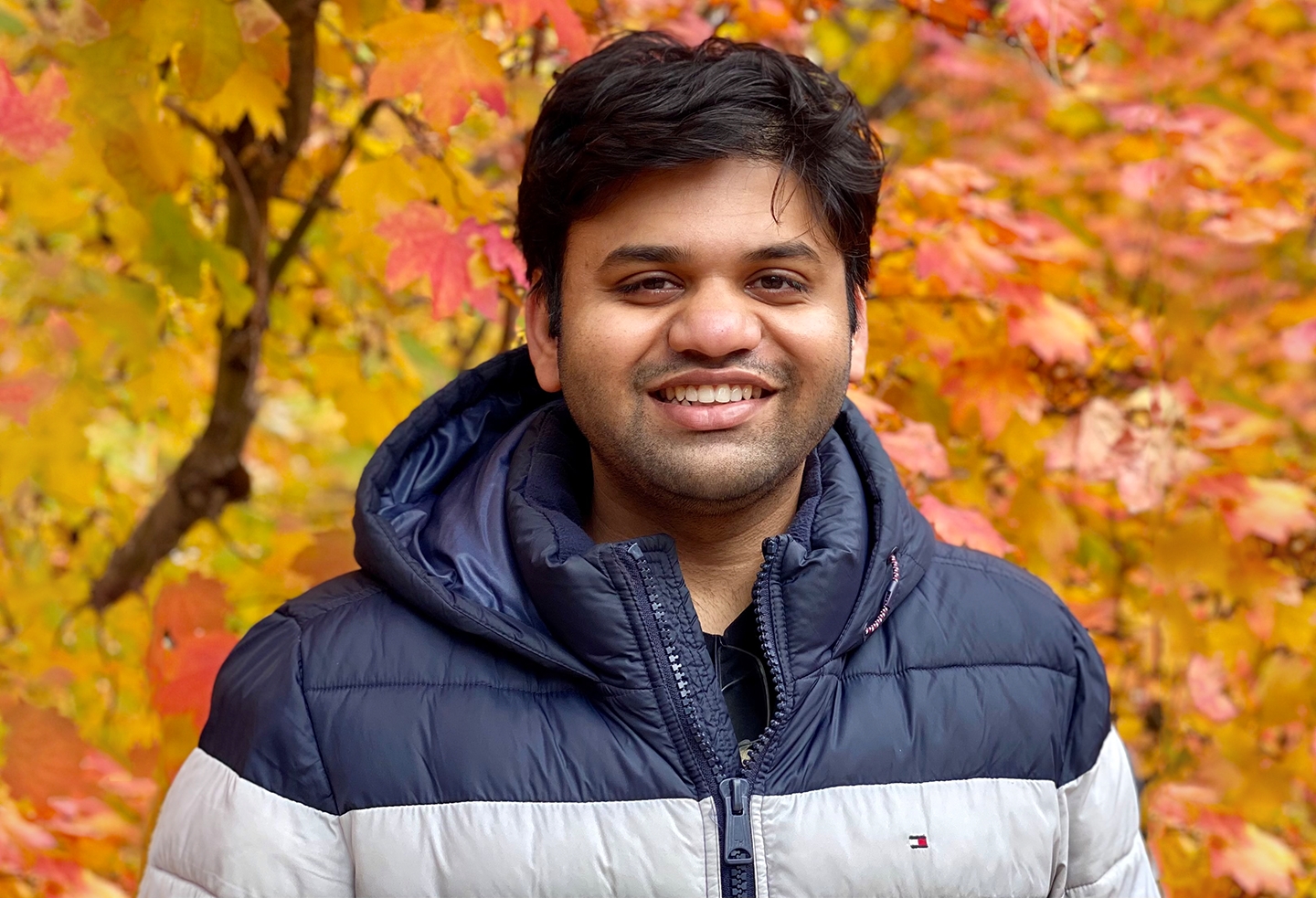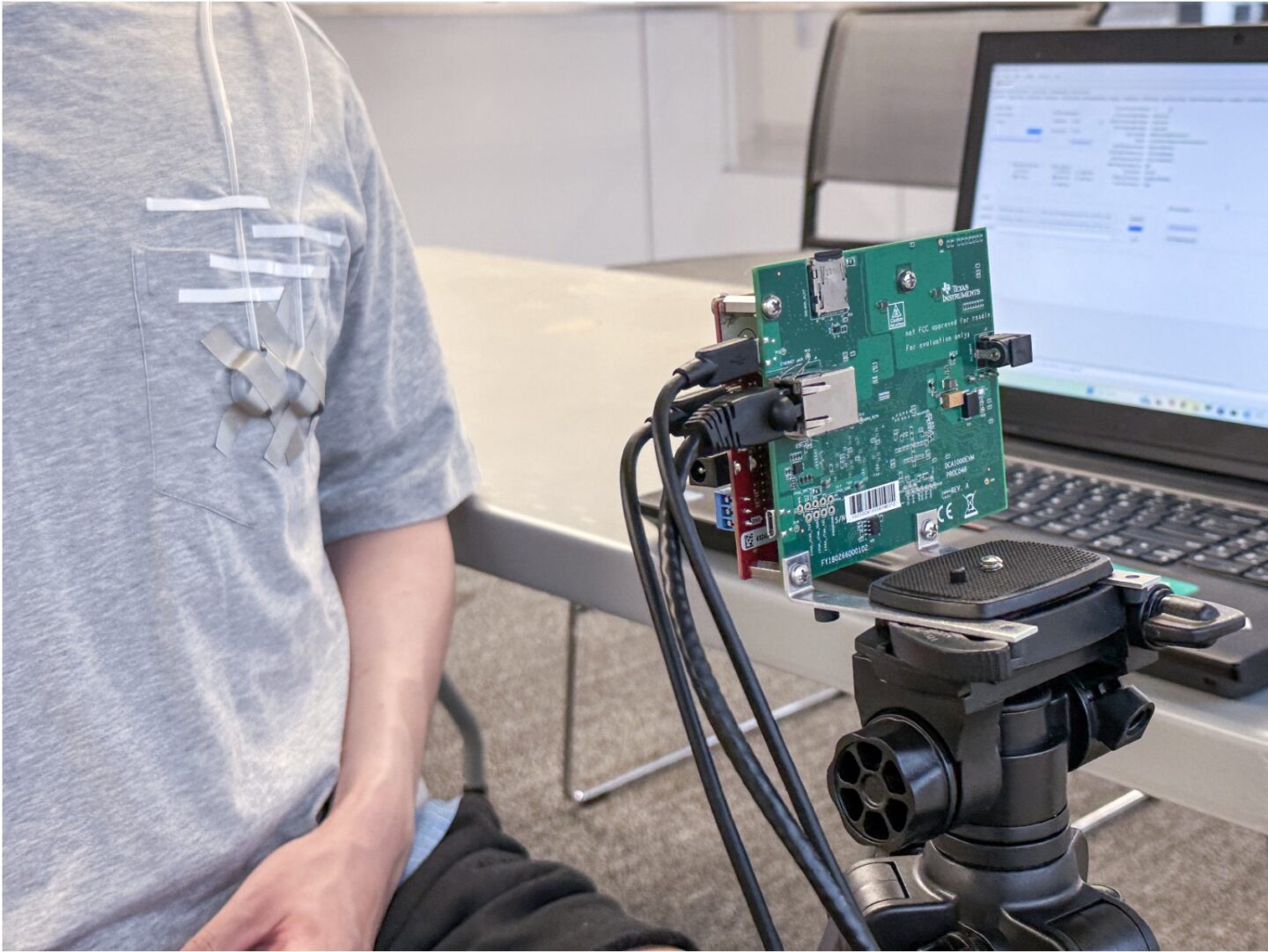
Frankenstein. It’s a classic, powerful story with an even more powerful message: What you create may destroy you if you do not fully understand it.
In this sense, technology is having its own sort of Frankenstein moment. Companies and the talent within them are creating new products and features each day, and often with little regard for their impact at large.
More and more we are seeing that technology can have unforeseen consequences past its intended purpose, with effects spreading from our wellbeing to our democracy and even our freedom.
Lyel Resner, head of PiTech Studio, explained how — outside of the moral responsibility — creating responsible technology is actually beneficial for business.
Attract and Retain Diverse Talent
More and more, employees care about the positive and negative impact of their place of work. There have been unprecedented numbers of worker walkouts for bad company behavior in recent years — such as the 2019 Global Climate Strike’s Silicon Valley walkouts, the 10,000+ employee signatures on the Open Letter on Climate Action at Google, and the 2020 Facebook employee virtual walkout over disinformation shared through posts — with the amount of protests, leaks, think pieces, and exposés about poor business practices rising as well.
People are less likely to apply for and stay at companies that don’t live up to their expectations, especially when it comes to the impact their products and services have on society at large.
A 2019 Doteveryone report on the attitudes of the designers and builders of digital technologies found that 28 percent have seen decisions that they felt could have negative consequences for people or society, with nearly one in five (18 percent) of those leaving their companies as a result. Sixty-three percent of workers want more time and resources to think about the impacts of products they create, and 78 percent would like practical resources to help them recognize the impact of their work.
Building technology to make a positive impact leads to improved employee satisfaction, productivity, and retention — as seen in a 2015 Project ROI report that showed an increase in productivity by up to 13 percent and a decrease in turnover by up to 50 percent when corporate social responsibility (CSR) practices were adopted in business — and may also help companies attract new workers.
Growing Public Scrutiny
As technology intersects with our daily lives at an increasing rate, techno-skepticism — or the apprehension toward the benefits of modern technology — has been growing among the general public. More and more scrutiny has been raised toward tech companies and whether their services are truly beneficial.
In a 2018 Doteveryone report on how the public thinks and feels about the internet technologies that shape our world, 64 percent of people said that they don’t think the internet has had a very positive impact on society, with 20 percent of that group believing it has had an outright negative impact.
Thinking about the potential negative effects of your business, how they ripple outward, and addressing them preemptively is one way to help combat a poor reputation. Getting issues right the first time around helps to generate consumer loyalty.
Growing Regulatory Scrutiny
Similarly, regulators are also paying more attention to tech.
There has been a bigger push from the public for regulators to monitor Big Tech, with companies ranging from social media titans like Facebook and Twitter to service apps such as Airbnb and Uber — not to mention the notorious facial recognition company Clearview AI — taking the spotlight.
Every day, lawmakers and other government regulators work to hold companies like these accountable. Getting ahead of the issues they pose is a business imperative, and a strong way to build social capital is to follow the laws and guidelines these regulators set in place.
Prevent Disasters That Cost Time, Money, and Reputation
Overall, responsible tech functions as a sort of insurance transaction: the business pays a small premium (such as money, time, or personal reflection) to have protection from regulators, consumers, and unforeseen consequences.
These deposits yield and compound over time, leading to non-linear effects and benefits. As you perform more responsibly, more good people are attracted into your company’s orbit and help you to further improve and avoid problems moving forward. More people notice, come in, and the cycle of benefits continues.
“Have a genuinely positive impact,” said Resner. “Build something you’re proud of.”
The hard work and long hours in the beginning are what will help your business maintain a good image, sustain itself over time, and grow in the future.
Resner cites much of this work as being co-written with colleague Michelle Shevin, Senior Program Manager with the Technology and Society team at the Ford Foundation.


